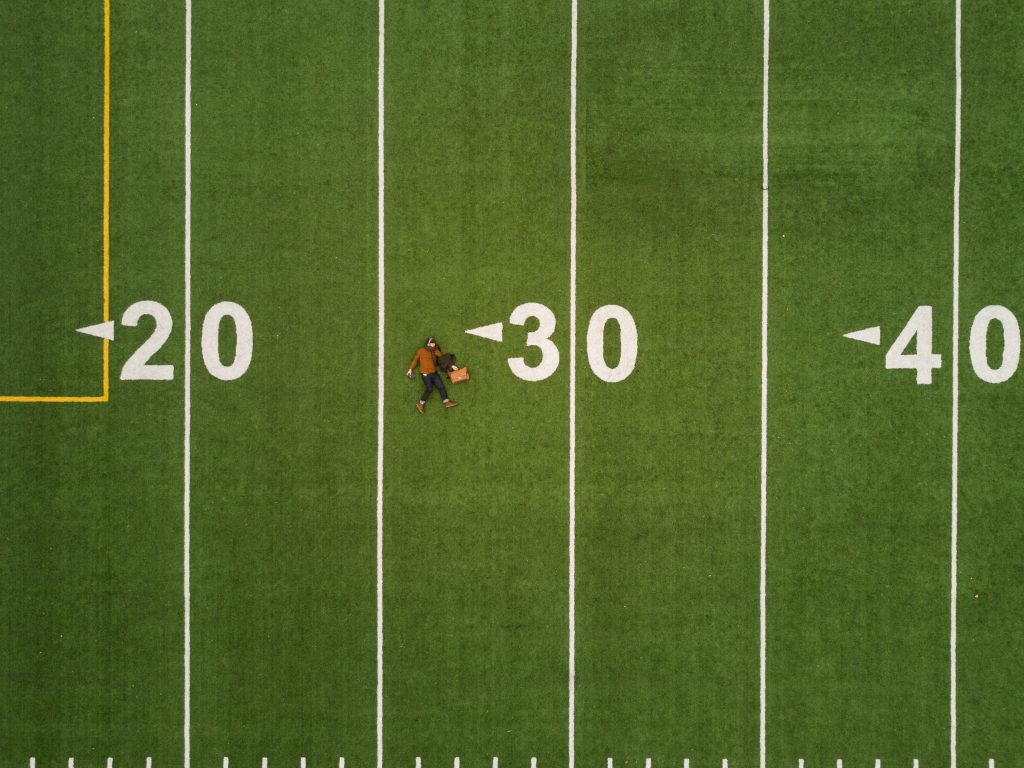For many, age is just a number, but when it comes to the internet and privacy, age is a powerful force not to be reckoned with. Instagram, up until recently, has been gambling the safety of its younger users’ online privacy by neglecting to enforce a seemingly basic sign up requirement: an age check. Now, Instagram has announced that it will begin requiring users to provide their age upon signing up. This new measure, however, will only apply to new users.

The implementation of this new step is important because of two main reasons. First and foremost, because it is illegal for online services to collect the personal data of children under 13 years old without parental permission. And second of all, in an age where over all online safety is a priority, the lack of age-gating limits Instagram from being able to create age appropriate experiences for its younger users and comply with other children´s privacy laws. It raises the question of how can Instagram protect minors, when it doesn’t know who the minors are?
Not only has Instagram been gambling its users’ online privacy, it has been risking a hefty fine for violating the Children’s Online Protection Privacy Act, a series of requirements imposed on online services created to protect minors’ data. Case in point, it’s been a rough year for social media platforms like YouTube and Tik-Tok who have been at the forefront of scandals regarding children’s privacy laws. In September, YouTube was fined a grand sum of $170 million dollars for violating COPPA. The fine for collecting data belonging to users of 13 years or younger is no fine to ignore, as it stands at around $40k per violation. As public scrutiny is increasing, and enforcement is getting stricter, it’s no wonder that Instagram is beginning to at least enforce basic, and long overdue, age-related practices.
So what does this change mean?
For starters, people under the age of 13 will no longer be allowed to sign up for the platform’s services. There is an obvious loophole around this, which would be for users to lie about their age, however, The Verge reports that while Instagram isn’t concerned about this issue and verification methods won’t be implemented, certain ways do exist to be able to tell a user’s age. For example, birthday posts can help give away a clearer estimate of a user’s real age, while machine learning can use other sets of data like hashtag use and interests to determine ages and gender.

This change could also help create a more kid-friendly experience that addresses several matters we’ve seen come up in the last years, for example online bullying, mental health related issues, exposure to explicit content and inappropriate interactions with adults. According to an Instagram blog, age-gating will allow the platform to recommend privacy settings for younger people, as well as create more awareness on account controls for people to appropriately use.
For brands that advertise alcohol, tobacco, or other non-kid-friendly products, age-gating could help avoid inadvertently exposing younger audiences to their content by enforcing age-based restrictions directly from the creator’s page
For a company such as Facebook that claims to be focusing on its user’s safety, it makes you wonder why such a basic measurement took so long to be enforced. It also makes you wonder, what the company will have to say about its 1 billion existing users, who at least for now, will not have to input or verify their age in order to keep their current accounts.
www.theverge.com
www.instagram-press.com/blog

